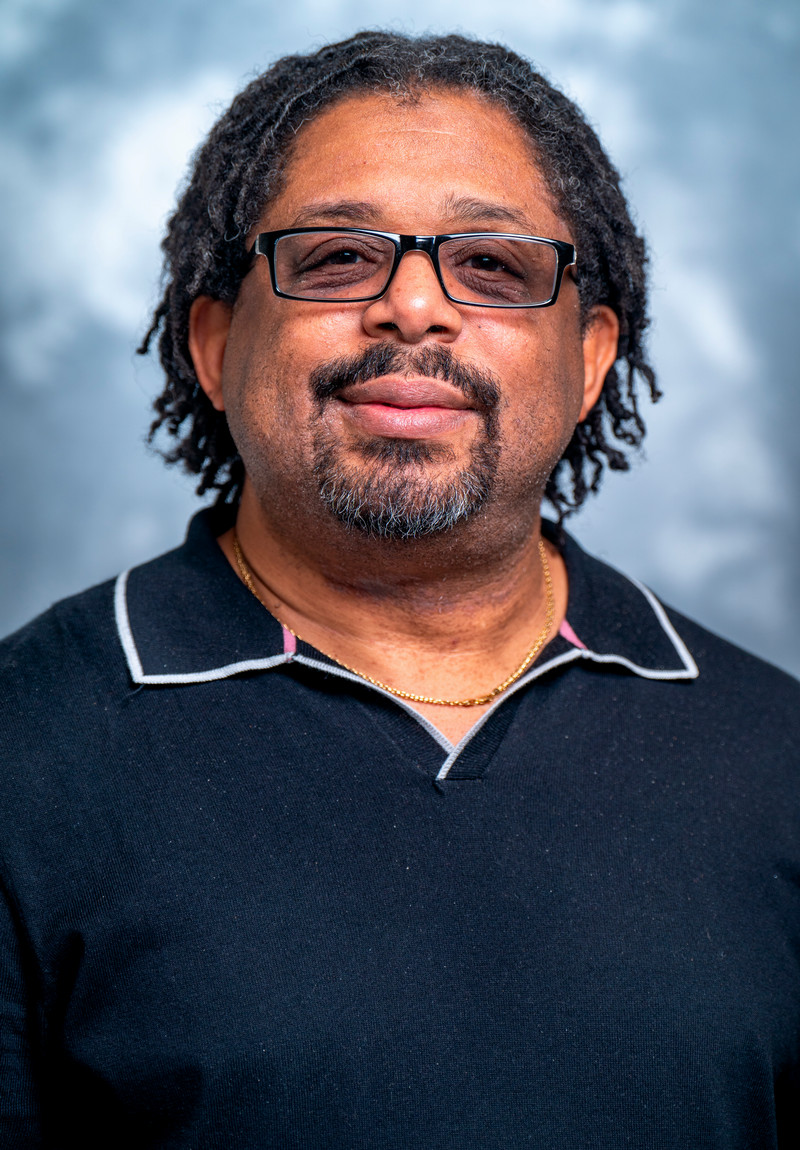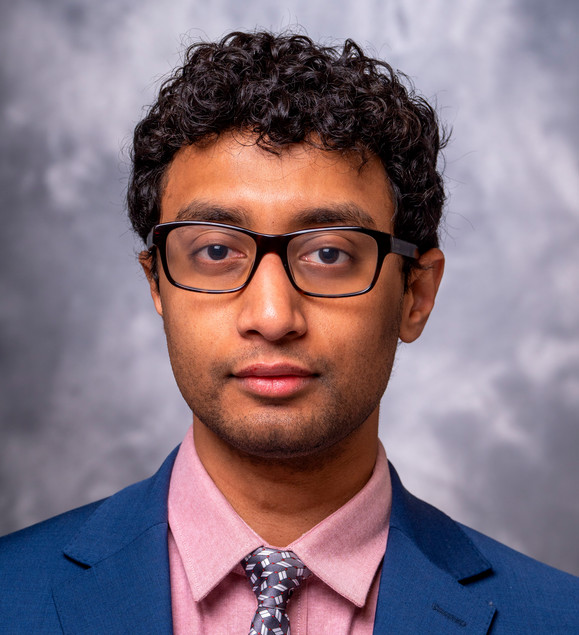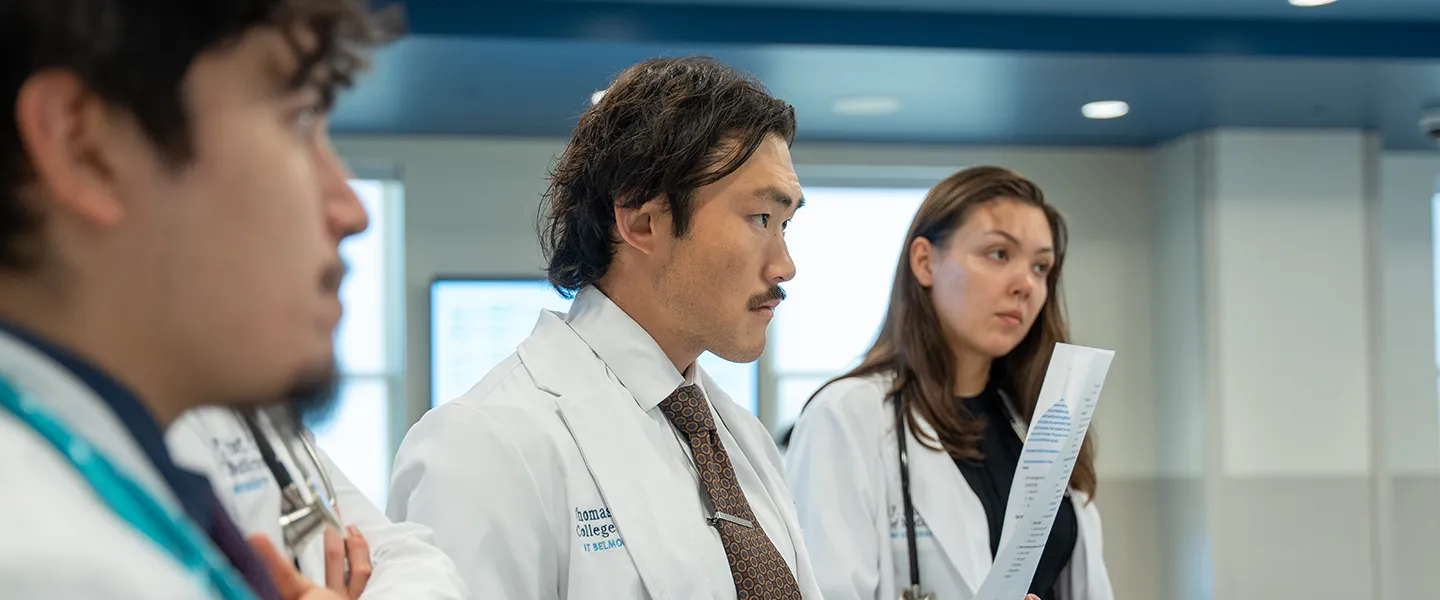Welcome! The Office of Medical Education's Scholarly Productivity & Innovation team is your hub for developing the academic and critical thinking skills essential for a successful medical career. We provide medical students with structured research opportunities, dedicated mentorship, and expert guidance to build a strong foundation for competitive residency applications and a future of impactful medical practice.
Our specialized courses, including the Research Elective and the XXX, are designed to prepare you for the rigorous expectations of scholarly work in medicine.
What is Scholarly Productivity?
Simply put, scholarly productivity is the process of asking a question, systematically finding an answer, and sharing what you've learned with the wider medical community. While this often includes traditional laboratory research, the concept of scholarship is much broader and encompasses a wide range of activities that demonstrate intellectual curiosity, critical thinking, and a commitment to advancing healthcare.
Scholarship vs. Research: What Matters for Residency?
Residency program directors look for applicants who are not just clinically competent but also intellectually engaged and capable of contributing to the field. Both traditional research and broader scholarly activities can showcase these qualities. Think of "research" as one important type of "scholarship."
Here’s a breakdown of what we consider valuable scholarship and how it strengthens your residency application:
- Traditional Research: This involves hypothesis-driven investigation, often in a lab or clinical setting (e.g., a basic science project or a clinical trial).
- Residency Value: Demonstrates a deep understanding of the scientific method, perseverance, and the ability to contribute new knowledge.
- Case Reports & Series: Involves a detailed report of the symptoms, signs, diagnosis, treatment, and follow-up of an individual patient or a small group of patients.
- Residency Value: Highlights your clinical reasoning, attention to detail, and ability to identify novel clinical scenarios.
- Quality Improvement (QI) Projects: A systematic effort to improve the quality, safety, and efficiency of patient care within a healthcare system.
- Residency Value: Shows initiative, systems-level thinking, and a commitment to patient safety—highly sought-after skills for any resident.
- Curriculum Development: Creating or evaluating educational materials, courses, or programs for peers, junior students, or patients.
- Residency Value: Proves your expertise in a subject, your leadership potential, and your dedication to medical education.
- Systematic or Narrative Reviews: A comprehensive review and synthesis of existing literature on a specific clinical question or topic.
- Residency Value: Displays your ability to master a body of knowledge, critically appraise evidence, and identify gaps in the current understanding.
- Presentations & Publications: Sharing your work through posters, oral presentations at conferences, or articles in peer-reviewed journals.
- Residency Value: This is the ultimate goal of any scholarly work. It demonstrates excellent communication skills and shows that your work has been vetted and valued by experts in the field.
How We Incorporate Scholarship into Your Medical Education
We believe that scholarly skills are best developed through structured, mentored experiences. Our programs are integrated directly into the medical school curriculum to provide you with protected time and expert guidance.
- The Research Elective: This course offers students a chance to engage in a focused, short-term research project under the guidance of a faculty mentor. It's an ideal way to explore an area of interest, learn fundamental research skills, and produce a scholarly work, such as a poster presentation or abstract. For information on external summer programs that may be of interest, please click HERE.
- Research During the School Year: For students seeking a more immersive experience, this year-round program allows you to dedicate time to a large-scale research project. This pathway is designed for those aiming to become leaders in academic medicine and often results in substantial contributions to the field, such as first-author publications in high-impact journals.
Through these programs, our office connects you with dedicated research mentors who are committed to helping you succeed and building a strong foundation for your future career.
How to Navigate Research vs. Scholarship
Choosing the right path depends on your interests, career goals, and available time. It’s not about choosing research or scholarship, but rather finding the type of scholarly activity that best fits you.
Here’s a simple guide to get started:
- Reflect on Your Interests: What aspects of medicine excite you? Is it a specific disease, a patient population, a new technology, or improving the way healthcare is delivered? Your passion will fuel your project.
- Consider Your Career Goals: Are you aiming for a highly competitive specialty or an academic career? A deep research experience might be crucial. Are you passionate about teaching or patient safety? A curriculum development or QI project could be a perfect fit.
- Assess Your Time Commitment: Be realistic. A case report or a contribution to an existing project can be completed in a shorter timeframe, while a basic science project often requires a longer, more intensive commitment.
- Find a Mentor: This is the most critical step. Your mentor will not only guide your project but also help you navigate the process of getting your work presented or published. Explore faculty profiles, attend departmental grand rounds, and talk to older students to find a mentor whose work aligns with your interests.
- Use Our Resources: The Scholarly Productivity & Innovation team is here to help you at every stage. We can help you brainstorm project ideas, connect with potential mentors, and provide guidance on preparing your work for dissemination.
Don't hesitate to schedule a meeting with us to discuss your goals and map out your personal plan for scholarly success.
Staff

Jamaine Davis
Email: jamaine.davis@belmont.edu
Office Location: FCOM 6617

Binula Illukpitiya
Email: binula.illukpitiya@belmont.edu
Office Location: FCOM 6621
Contact Us
Thomas F. Frist, Jr. College of Medicine
1900 Belmont Boulevard
Nashville, TN 37212
Phone: 615.460.6191

